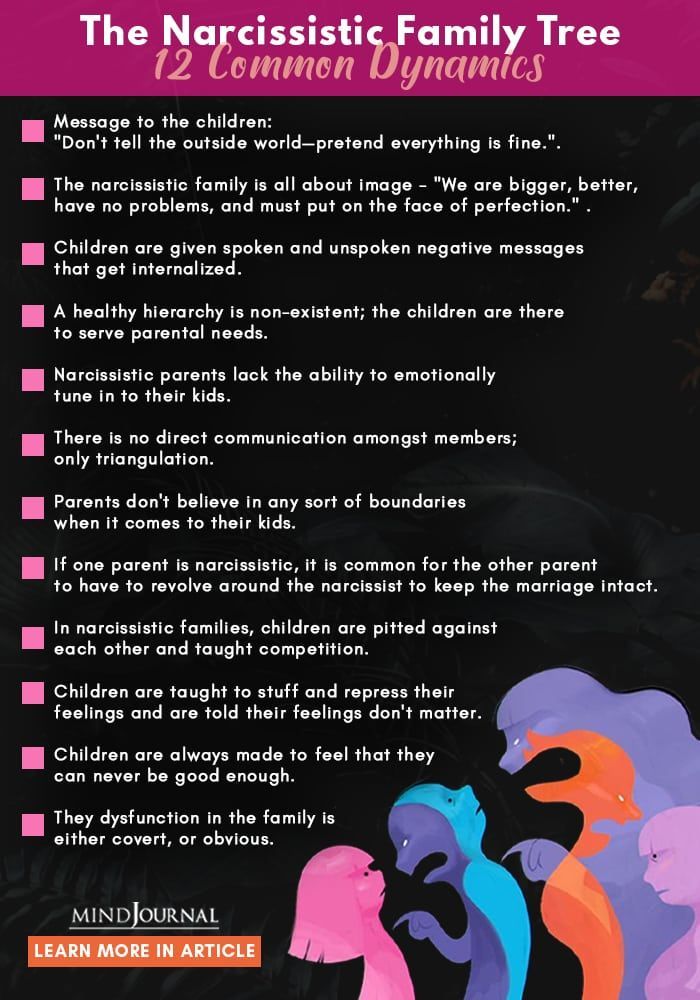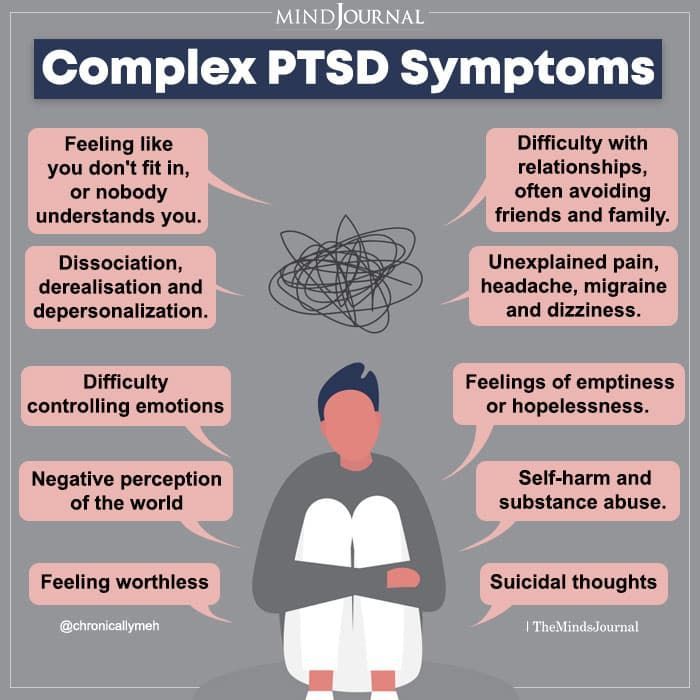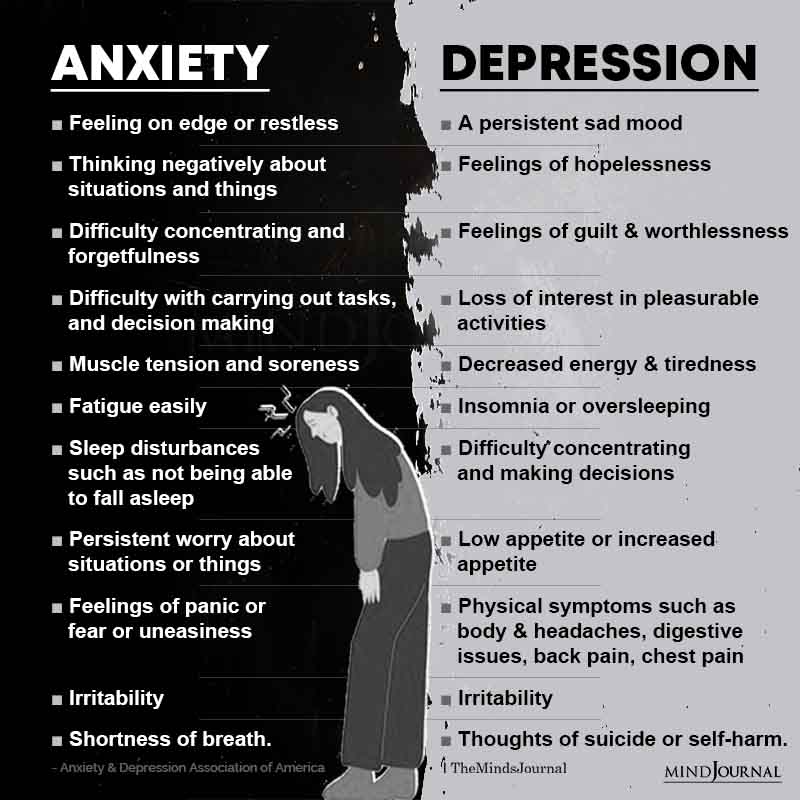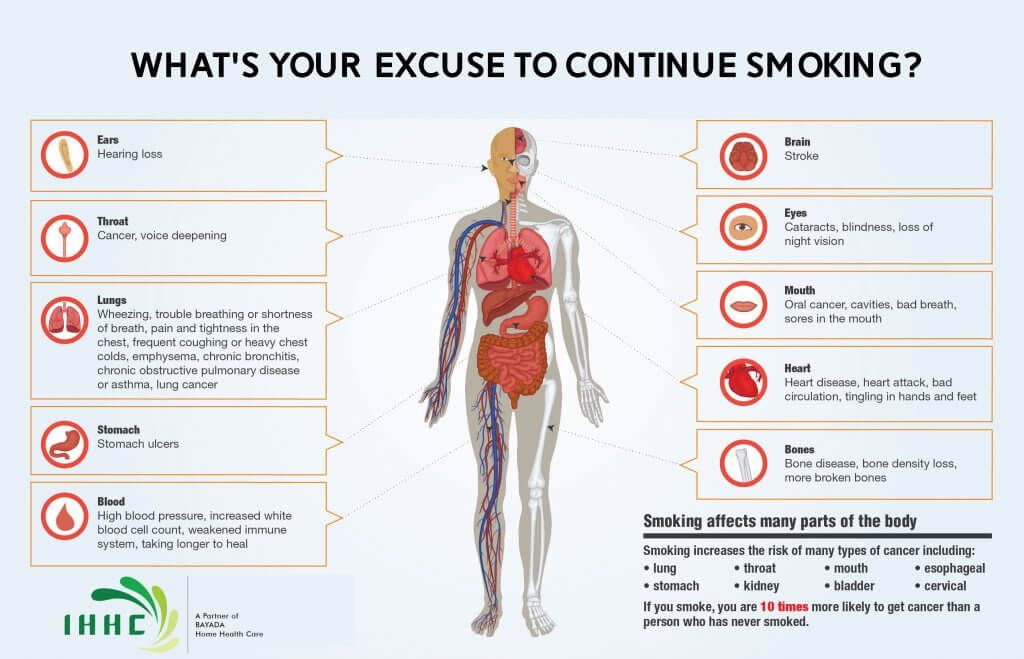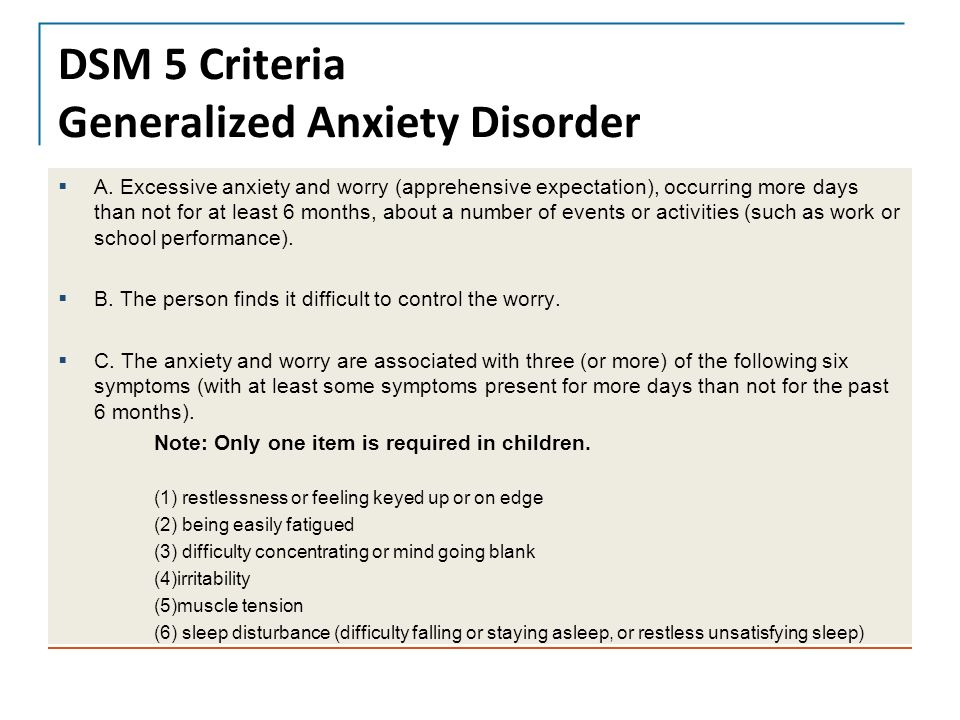Healing from toxic family
Healing From a Toxic Childhood? The Two Words You Need Most
Source: Alliance/Shutterstock
I’ll bet you’re wondering what those two words might be, and your brain is offering up suggestions: Move on. Forgive them. Be kinder. Stay mindful. Practice understanding. Distance yourself. Be aware. Look forward. It’s past. Stay strong.
Nope. The two words are let go. These two little words—five letters in all—are hugely important, because contrary to popular opinion, which always tells us that it takes effort to keep trying and hang in, the default position for humans is persistence. What’s hard is quitting and letting go. The reasons are both complicated and simple.
We are much more inclined to stay put than we are to move on, because we prefer the status quo—even if it’s lousy and painful—to parts unknown. Humans are famously risk-averse—Daniel Kahneman won the Nobel Prize for showing precisely that — and have all sorts of habits of mind which are more apt to keep them stuck than not. We are more strongly motivated by intermittent reinforcement—having what we desire happen some of the time—than we are by getting what we want all of the time, or even never getting it. That’s particularly relevant if you grew up starved for love, approval, and support. The occasional scrap of any of those things—or even a momentary lull in nonstop criticism—will have the same effect as a five-course meal.
Additionally, we tend to reach for rose-colored glasses and see a loss as a “near win”; that’s what keeps people at slot machines when the symbols almost match and, more positively, keeps us plugging away at golf. Again, when that scrap is proffered—perhaps your mother sounds vaguely interested in what you’re doing, or your sibling actually pays you a compliment—you’re all full of hope, sure that a victory is close at hand: “They’ll realize they’re wrong about me”; “Mom will finally see me for who I am”; “Maybe the crazy nonsense is ending and my family will be normal.” In the same way, the habit of rumination—more pronounced in women than in men—keeps us focused on difficult and painful situations and interactions, past and present, and inclines us to replay history and second-guess ourselves, rather than act and move forward.
What letting go isn’t
But letting go doesn’t mean pretending that the past never happened, that you weren’t hurt or affected, or that your parent or parents should be somehow let off the hook and not held responsible. It means learning to discriminate between the ways of thinking you must let go of and the emotions that need to be tossed aside that keep you stuck, and the ways of thinking and feeling that will help you move you forward and help you heal.
The fancy name for the kind of letting go I’m talking about is goal disengagement. This isn’t a one-step thing, like the image that comes into your mind when you think of the words “let go”—you’re likely to visualize the string falling free from your grasp and the balloon rising in the air, or the moment your hand slips and what you’re holding falls with a thud—but a process, and a complex one at that.
Goal disengagement
It’s basically a four-step process that involves letting go of the thinking patterns that have maintained the status quo (cognitive disengagement), managing the emotions that accompany giving up or quitting (affective disengagement), giving up on that earlier goal (motivational disengagement), and putting plans into action for a new goal (behavioral disengagement).
Each of these steps requires a slightly different skill set: Cognitive disengagement requires that you stop thinking about why you didn’t achieve the goal you set and worrying and/or ruminating about it, stop running “what if” scenarios in your head that are likely to convince you that maybe you shouldn’t let go after all. Affective disengagement requires that you deal with all the emotions that are aroused when you fail to achieve what you set out to do; that includes feeling guilty, beaten down, or blaming yourself. Motivational disengagement requires you to stop thinking about that goal and start planning new objectives, including where you want to go now and what you want to try. Finally, behavioral disengagement requires you to act and start planning how you will change your future.
How this applies to a toxic childhood
In case this sounds too abstract, let me put the terms into the context of dealing with a toxic childhood. I’m extrapolating here from the many interviews I conducted for my book, Daughter Detox: Recovering from an Unloving Mother and Reclaiming Your Life, and casting the circumstances in a general way.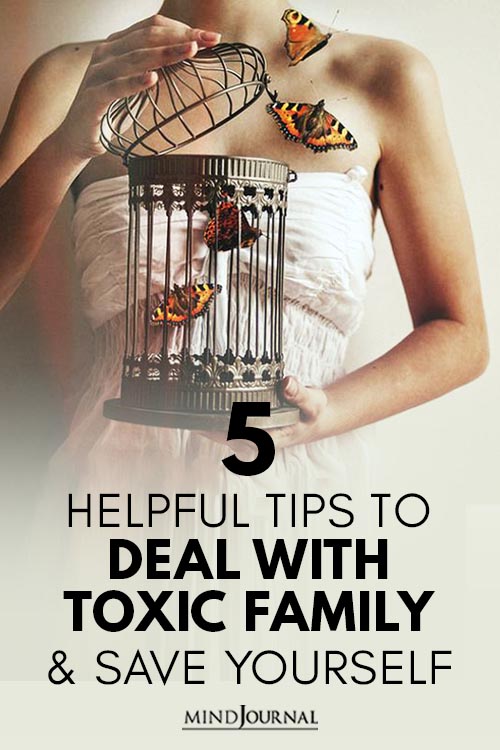
Your childhood was one in which you felt unloved, unseen, and marginalized, and were subject to endless criticism and perhaps scapegoating. You did what you could to armor yourself, or perhaps you placated others instead; in any case, you did what you could to deal until you finally moved out into your young adult life. It’s at that moment that you began to make your own choices about where to live, friends, how to support yourself, partners, and lovers, but also how to deal with your family of origin. Most unloved daughters—relishing the fact that they’re out from under their mothers’ direct influence—do little to challenge the status quo and do what they can to manage the situation. It’s when their efforts to manage begin to fail—they are still hurt by encounters with their parent or parents or perhaps siblings, are unable to manage the resulting emotions, still feel adrift, and are unable to set healthy boundaries—that they realize they’re stuck and have to disengage and find a new way of relating to their family.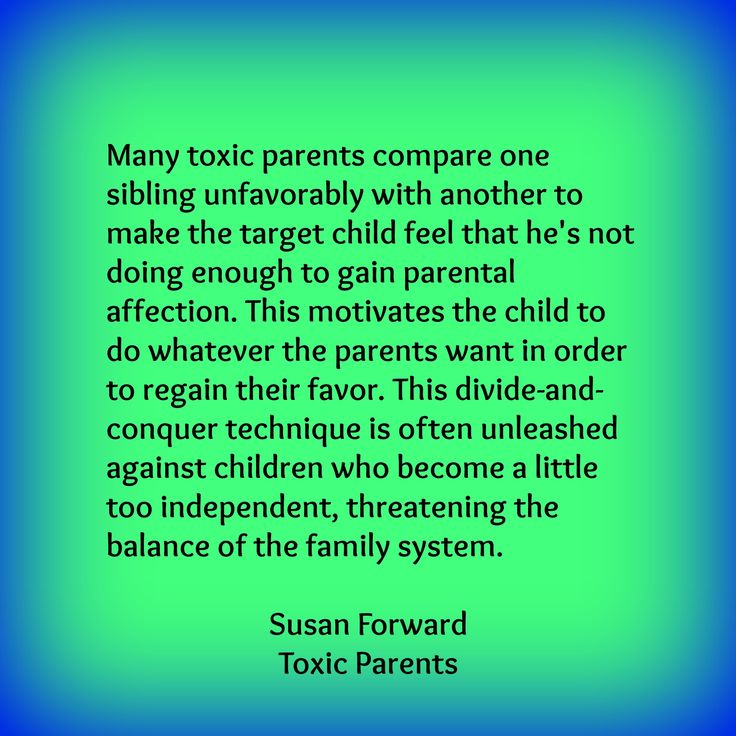
Cognitive disengagement is made difficult, because the cultural tropes about family underscore the importance of staying the course (“She’s your mother,” “Everyone’s family is difficult,” “You turned out fine, so it couldn’t have been so bad”), and because the unloved daughter is likely to mistrust her own judgment after years of being told she’s less than and likely to be prone to second-guessing (“Maybe she’s right, and I am too sensitive,” “She’s done the best she can, and maybe I’m wrong to ask for more”).
Affective disengagement is hard not just because of past pain, which arouses all manner of emotions, from anger to sorrow, as well as feelings of guilt, shame, and disloyalty at even contemplating managing your connection to your family differently. Then, too, is the fear that they’re right about you, and you’re just wrong on every level. Add in the fact that children who don’t get the attuned attention they need in infancy and childhood have trouble regulating emotion anyway, and you can see why this part of the process of letting go is so hard.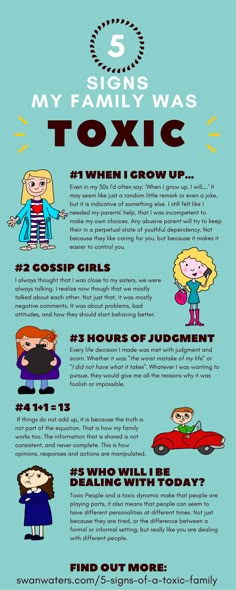
Motivational disengagement is thwarted by what I call the “core conflict”—the tension between your recognition that you need to manage your relationship with your mother and family of origin and your continuing need for your mother’s love and support and your hopefulness that it can be won. The conflict effectively keeps a daughter stuck in the status quo.
And as long as the core conflict continues, acting is impossible, so the stage of behavioral disengagement—of setting new goals for your life and relationship—never happens.
Small steps to letting go
If you find yourself stuck, these strategies may help you break the logjam. Working with a gifted therapist is the best route, of course, but there are things you can do to help yourself.
1. Recognize that it’s not your fault.
Self-blame, which is a default position, keeps you stymied, and thinking that there’s some flaw in you that you could fix and things would be fine does too.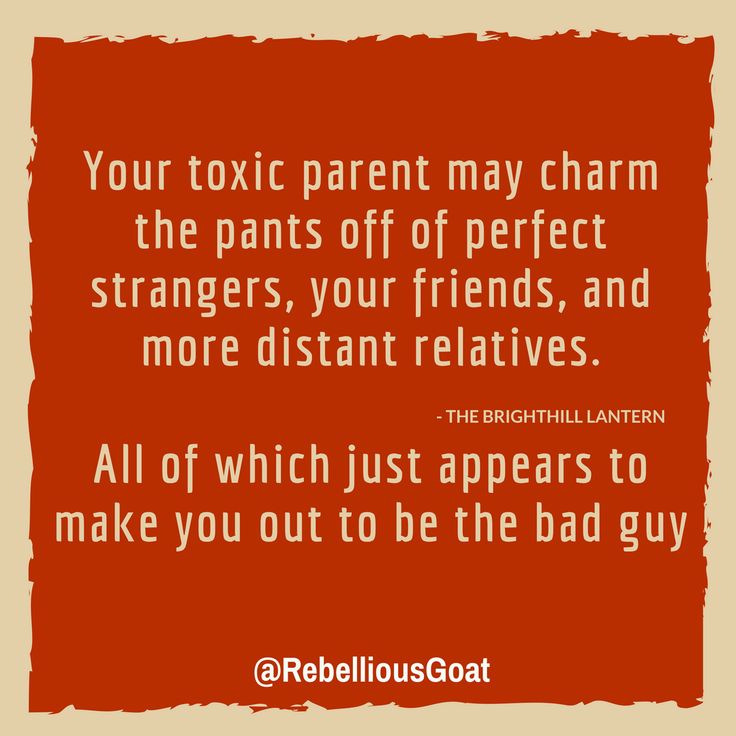 Realizing that you’re not to blame brings with it the recognition that you cannot fix this on your own; your parent or parents must cooperate.
Realizing that you’re not to blame brings with it the recognition that you cannot fix this on your own; your parent or parents must cooperate.
2. Don’t normalize abusive behavior.
Children normalize the behavior experienced in their families of origin, and it’s not uncommon for them to continue to do so as adults. Don’t excuse or become inured to verbal abuse; register that it’s happening, and react calmly and in a straightforward way. You have the right to set rules about how you wish to be treated, even with a parent or relative.
3. Set boundaries.
You will need to carve out mental space to figure out how to manage the relationship. Do whatever you need to—cutting down contact or limiting it—to be able to do so.
4. Build your emotional skill set.
Try to identify your emotions as precisely as you can—an important part of emotional intelligence—and see if you can trace the source of your feelings, especially when you think about your relationship with your mother and other family members. Work on distinguishing guilt from shame, for example, as well as negative feelings about yourself as either deserving of poor treatment or undeserving of love.
Work on distinguishing guilt from shame, for example, as well as negative feelings about yourself as either deserving of poor treatment or undeserving of love.
5. Manage your thoughts.
Rumination and worry can keep you totally stuck. Research on intrusive thoughts by Daniel Wegner shows that trying to suppress thoughts only results in their being more persistent, so you need to try other techniques. One, suggested by him, is to assign yourself a worry time; another is to permit yourself to confront those intrusive thoughts and think about the worse-case scenario if those worries came true, and you had to deal with them.
Letting go is an art that is hard to learn, but can be mastered.
How to Heal From a Toxic Family Relationship
This is an excerpt from "But It’s Your Family…Cutting Ties with Toxic Family Members and Loving Yourself in the Aftermath" by Sherrie Campbell, a licensed counselor, psychologist and marriage and family therapist.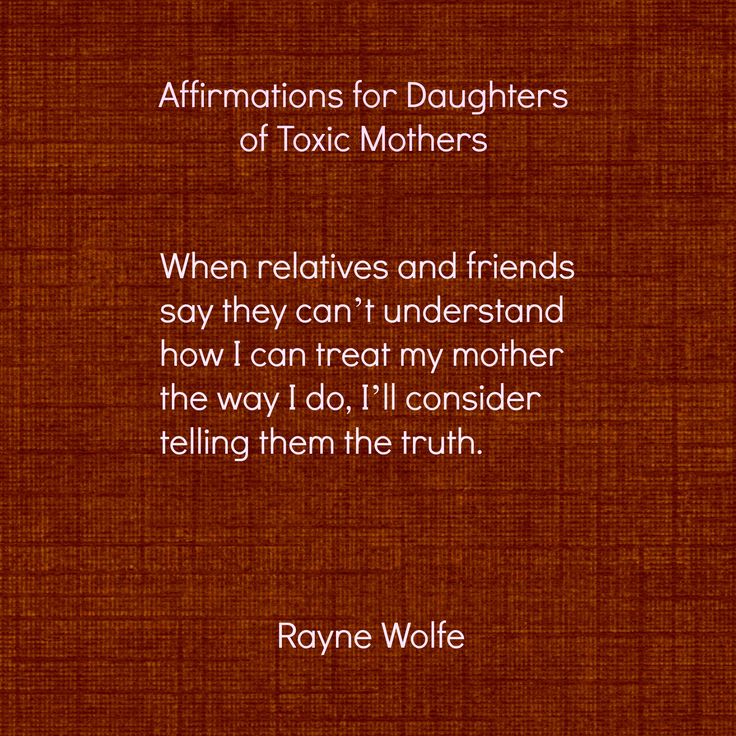 In the book, coming April 2019, she explains what toxic family relationships are, how to move on effectively and how to explain to people outside of the relationship why you've distanced yourself.
In the book, coming April 2019, she explains what toxic family relationships are, how to move on effectively and how to explain to people outside of the relationship why you've distanced yourself.
Family may seem like a simple concept to many, but more than anything it’s a concept heavily loaded and without a simple definition.
In its most simple terms, the definition of family is one of a legal or genetic bond that exists between people. Yet, for many people, family means much more that that. Family is the place where “home” is.
In this case, home is the originating place of unconditional love and support. If our family was healthy and we had a bad day, we couldn’t wait to get home to take respite in the love and comfort we received in our home and from what our family members had to offer us.
Unless we have done the work to educate ourselves on emotional abuse, we cannot and will not be able to explain our situation.If we were raised in toxic family systems, the concept of home is quite different.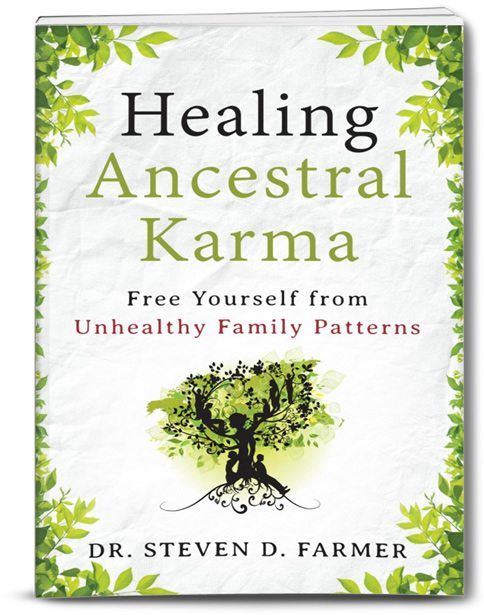 Home equates to the creation of fear, anxiety, a lack of acceptance, a lack of unconditional love and support. Home as the place we least wanted to be.
Home equates to the creation of fear, anxiety, a lack of acceptance, a lack of unconditional love and support. Home as the place we least wanted to be.
Growing up in a toxic family is a hollow, confusing, maddening and lonely experience. When we are raised by toxic parents, we live in a unique kind of crazy where we feel more like things to manage and keep on a schedule rather than as human beings to love, nurture, and care for. We leave children feeling emotionally homeless. Having a healthy home and family life is the dream we never got to experience growing up. We may have even glanced into the windows of other homes an felt envy for what we never had.
[ICYMI: When Your Parents Don't Like the Person You're Marrying]
Why emotional abuse is so confusing
The most challenging aspect of psychological/emotional abuse is that it is deniable by our toxic family members and impossible to prove. Our family members don’t believe they are abusing us because, by definition, they view themselves as perfect, and perfect people don’t do imperfect things, such as emotionally manipulate their children.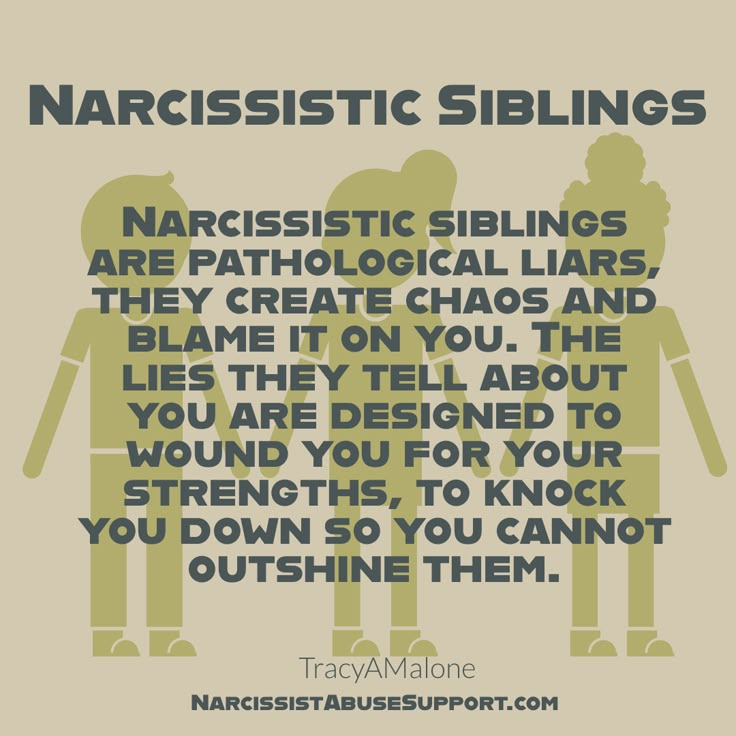
We as their children don’t realize we’re being manipulated because we believe the lies our toxic family members tell us, convinced everything is our fault and that we are the one’s who are broken and destroying our family members.
Toxic family abuse is always two-fold. The first layer of abuse is the original poor treatment by our toxic family members, namely our parents. The second layer is their denial of the ways in which they treat and harm us, irrespective of the evidence as it manifests in our behavior and in our tragically low levels of self-worth. The sinister and obscure nature of their emotional abuse leaves us alone to pick up the pieces of our self-worth and all aspects of how we function in life, love and relationships.
When we try and explain our fears of love, life and people to others, we tend to come off sounding needy, desperate and paranoid. This is because psychological abuse is not equipped with a clear set of descriptive indicators that our toxic family members find undeniably true.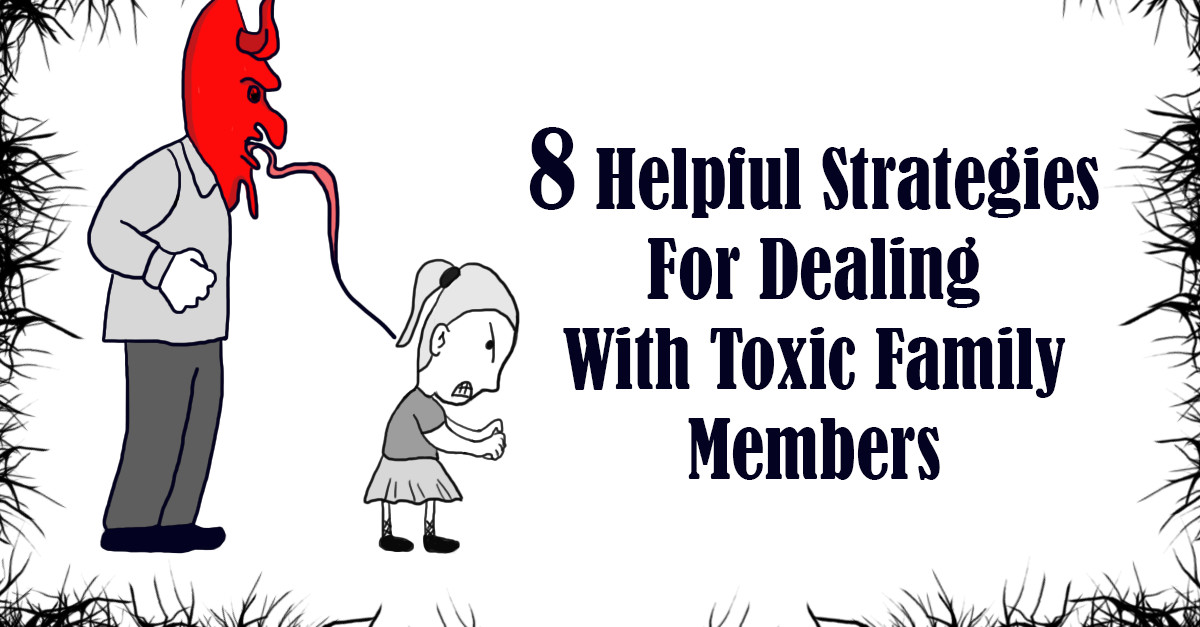 Consequently, to them at least, we can rarely if ever prove what has happened to us. All of the descriptors are subjective and therefore debatable, just as our toxic family members need for them to be.
Consequently, to them at least, we can rarely if ever prove what has happened to us. All of the descriptors are subjective and therefore debatable, just as our toxic family members need for them to be.
Because emotional abuse is impossible to prove, we often have an incredibly difficult time putting into words what exactly has happened to us that is so bad. We know things were not or are not normal, but we don’t know why. Emotional abuse moves quickly. Just as we’re about to put our finger on it, it seems to slip away.
Without a clear set of concrete, provable, terms, may of us question if our abuse or neglect was real. Did it really happen? Or are we just making it up? We reason that if we were truly abused, our abuse should be easy to explain.
Learning when to walk away
To add to our challenge of validating our experience, the average person isn’t typically well educated or aware of emotional abuse, even when it is happening directly to him or her. Unless we have done the work to educate ourselves on emotional abuse, we cannot and will not be able to explain our situation.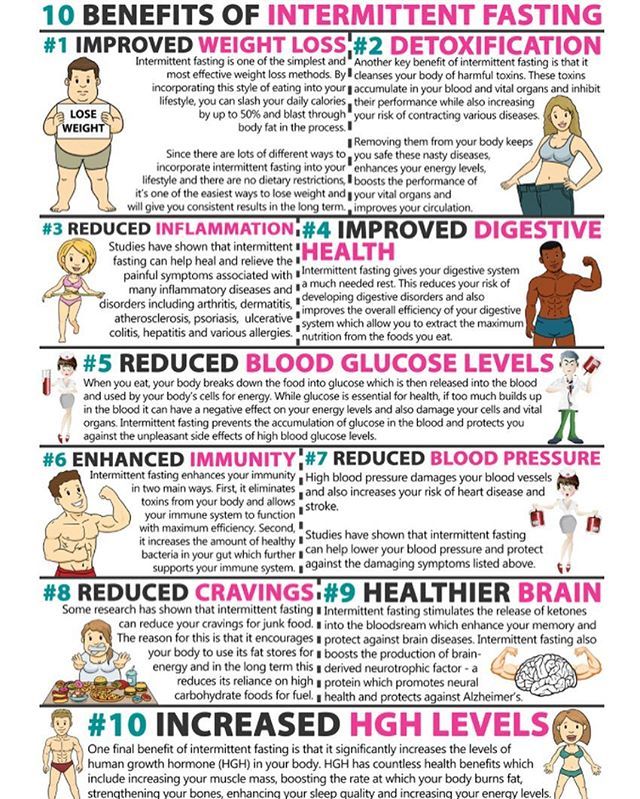 This allows the abusive treatment of our toxic family members to continue without interruption.
This allows the abusive treatment of our toxic family members to continue without interruption.
Our toxic family members are experts at concealing their abusive behaviors just slightly under the radar so that when we complain about the hurt they have made us feel, our complaints fall on deaf ears. This level of slyness allows our toxic family members to walk away looking innocent and unfairly accused while we appear emotionally unstable. This is the most infuriating part for us.
It is important to understand that loving someone doesn’t always mean having a relationship with that person, just like forgiveness doesn’t always mean reconciliation. Reconciling, in many cases, only sets us up for more abuse.
A significant part of our healing will come in accepting that not reconciling with certain people is a part of life. There are some relationships that are so poisonous that they destroy our ability to be healthy and to function at our best.
When we put closure to these relationships, we give ourselves the space to love our toxic family members from a distance as fellow human beings where we do not wish harm upon them, we simply have the knowledge and experience to know it is unwise to remain connected with them.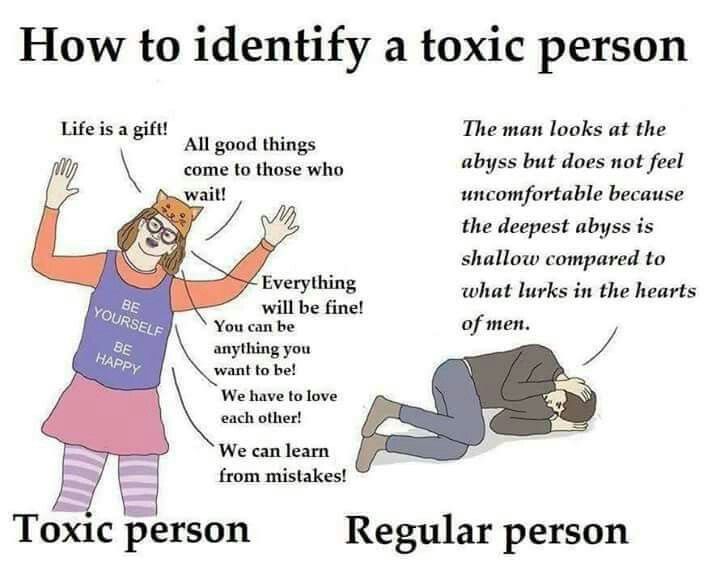
You grew up in a toxic family: how it broke you
One day you decided to cut off all ties with your relatives because you were tired of suffering and realized that you were ready to say “Enough!”, because you need to take care of yourself. It may have been the hardest decision of my life. And yet this is the best thing you can do for your own well-being. You yourself know that toxic parents have always done more harm than good.
You must have had to face many difficulties. The constant struggle for a place under the sun paints the world black. Surviving in such a family means constantly suppressing resentment, grief and anger. This does not pass without consequences. Most likely, you will have to deal with the following problems. nine0003
1. Anxiety
Children of toxic parents often experience anxiety. The reasons are different. For example, they were forbidden to go out with friends and go on holidays, or very much of what was considered normal for their peers was banned. These are the sources of current anxiety. A Ben-Gurion University study found that the majority of adults prone to anxiety grew up in dysfunctional and toxic families.
These are the sources of current anxiety. A Ben-Gurion University study found that the majority of adults prone to anxiety grew up in dysfunctional and toxic families.
“Children who are not allowed to do, try, learn, overcome, fail, often feel helpless and inadequate. They become so overwhelmed by the control of perpetually frightened parents that they become the same, ”writes psychotherapist Susan Forward in the book Toxic Parents. nine0003
2. Difficulties in interacting with people and showing feelings
Kissing, hugging, sensual relationships - children involuntarily resist any physical or emotional closeness. It's not that you don't want to, but it's still a burden. It is very difficult to open up to people because you cannot trust them and are afraid that you will be hurt again. Children from toxic families are ashamed of their relatives in front of friends, they do not invite anyone to their place, because they do not want everyone to know how bad and uncomfortable it is at home.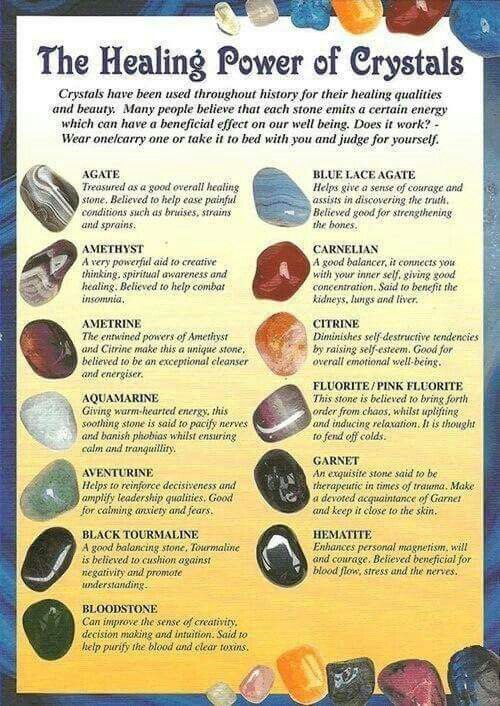 nine0003
nine0003
“Many grown-up children of such parents find it awkward to talk about love, they don't know what it should be like. Their parents treated them disgustingly in the name of love. In their view, love is constant unrest and suffering, a shameful and often painful feeling to which one must sacrifice oneself, ”comments Susan Forward.
3. Alertness and doubts about the correctness of perception
In toxic families, children are often reproached and punished undeservedly. They put up with punishments and even think that they got it for the cause, although in most cases they are not to blame. Parents were cruel and showered with insults, distorted reality and did not let you figure out where the truth was and where the lie was, and gradually you stopped believing in sensations and emotions, doubted the correctness of perception. This is called "gaslighting" - the most dangerous form of psychological abuse. nine0003
If you have experienced this, you are not alone. The first step to healing is to admit that you have experienced emotional abuse and understand why. Be ready to accept that you were hurt, then the wounds will gradually heal.
The first step to healing is to admit that you have experienced emotional abuse and understand why. Be ready to accept that you were hurt, then the wounds will gradually heal.
The house that ceased to be a home: how do toxic families work?
18,832
A person among peopleBooks
- Photo
- Shutterstock/Fotodom.ru
In toxic families, the goal is not to create close, warm relationships. Brothers and sisters are often pitted against each other. Toxic parents do this in order to maintain control over family relationships even as their children grow up. Manipulations can be both open and very subtle, but one way or another they destroy all attachments between family members. nine0003
The strength of toxic families is in the number of their members. The larger the family, the better it hides unhealthy relationships, especially from strangers. Toxic families, trying to achieve the desired result, use a variety of methods of suppression:
Toxic families, trying to achieve the desired result, use a variety of methods of suppression:
-
Some family members, in order to get attention, stop talking to relatives - even grandchildren.
-
Sometimes one of the relatives divides the family into "us" and "strangers" - for example, into blood relatives and someone's "alien" wives and husbands. nine0003
-
Sometimes toxic families gossip a lot to create tension between individual members.
One of the first steps should be to identify abuse and realize that family violations are not an individual matter, but a collective one. If you observe a toxic family long enough, you will notice that different family members are made scapegoats in turn.
In a family where psychological abuse is practiced, there is a specific victim at every moment. After all, otherwise you would have to pay attention to your own psychological problems and work on them. And this is hardly possible.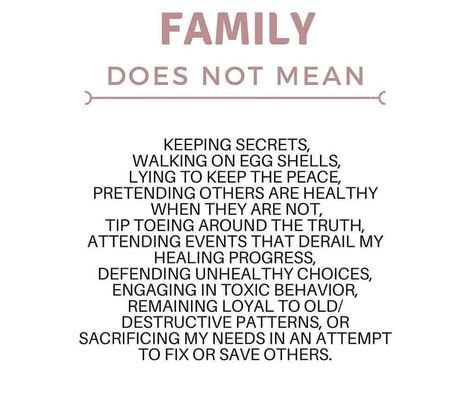 nine0003
nine0003
Divide and Conquer
Divide and Conquer is often used in toxic families. It is especially liked to be used in relations between brothers-in-law - relatives by marriage. Surely you have come across families in which mothers-in-law have a lot of claims against daughters-in-law - the wives of their sons. Or maybe the opposite is true, and this son-in-law serves as a scapegoat for the wife's relatives? One way or another, the "divide and conquer" technique is often well disguised.
The purpose of this kind of abuse is to make the "alien" relative feel rejected, unwanted, expelled from the large close-knit family of the wife or husband. Spouses and even children of "alien" relatives are accepted into the family "club", but an isolated victim - a son-in-law or daughter-in-law - is not. nine0003
This is the adult version of the game played by mean boys and girls in high school. What do you think will happen if the victim decides to complain about such treatment? She will be told that she is intractable, eccentric and seeks to control everything.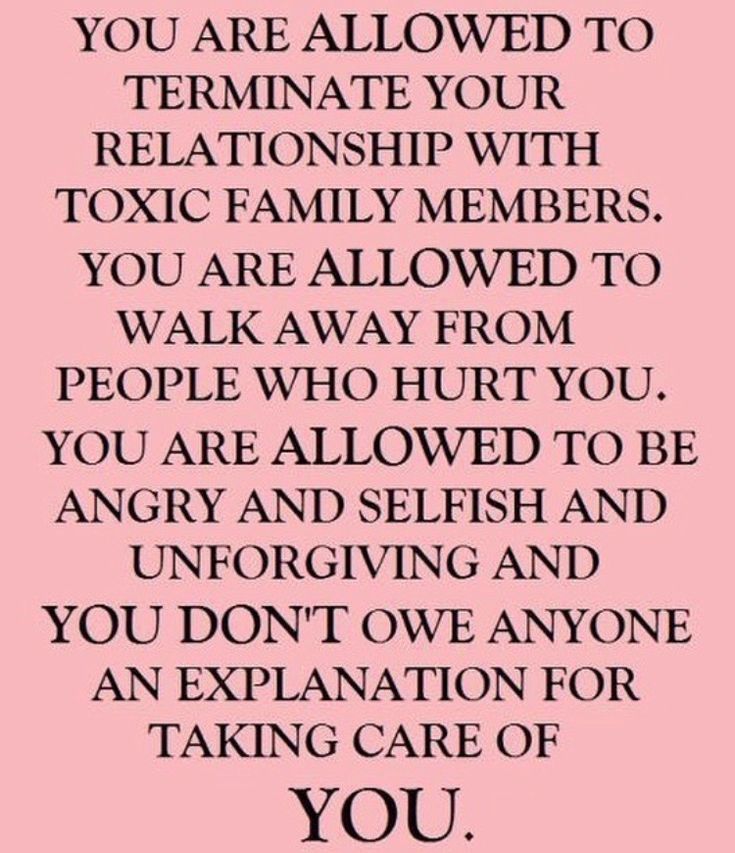 In reality, the opposite is true. The victim deep down feels that they are playing secret games with her.
In reality, the opposite is true. The victim deep down feels that they are playing secret games with her.
Psychological abuse is often very difficult to recognize
That is why the victim's complaint that she has to sit separately from spouses and children in a restaurant where the entire large family has gathered looks so petty. After all, it counts on this, deliberately adjusts everything so that the son-in-law or daughter-in-law looks stupid when they get angry, upset, or emotionally react in one way or another to the abuse - the most real, but hidden. nine0003
Money is often the bait. The family generously promises (and sometimes even keeps their word) to pay for a vacation trip, help with a mortgage, give money for higher education for their grandchildren, and buy a car. After that, the son-in-law or daughter-in-law finds themselves in debt. Family members do not hesitate to express their desires and needs, completely disregarding the interests of the victim.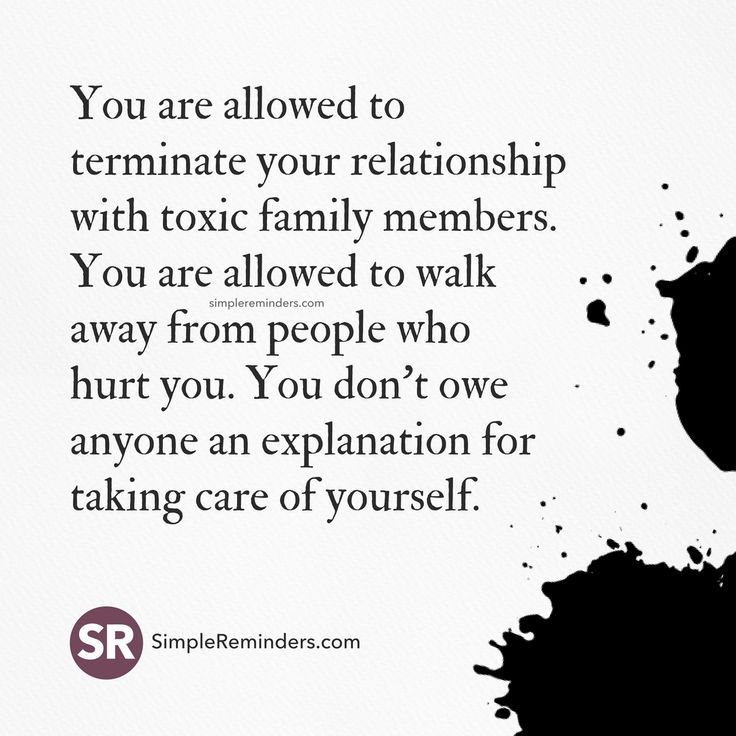 She is put in a position where she feels obligated to meet all the demands (both stated and unspoken) of toxic relatives. nine0003
She is put in a position where she feels obligated to meet all the demands (both stated and unspoken) of toxic relatives. nine0003
Playing kindness
In order to do things that would show them on the positive side, these people have to pretend. However, abusers do not behave so feignedly kindly for long and eventually return to their “normal”.
Abusers' abrupt return to their true self, with all the typical manifestations of a personality disorder, is perceived by the victim especially hard if it follows a period of feigned friendliness. An injured family member has just been promised the love and attention he so desperately needs, and suddenly he is again looked at as an empty place or insulted. It is precisely because of the cyclical nature of family abuse that it is especially difficult for the victim to break out of this situation and find healing. nine0003
Summing up
If the victim feels isolated (both physically and emotionally) from his or her family, then he experiences deepest grief.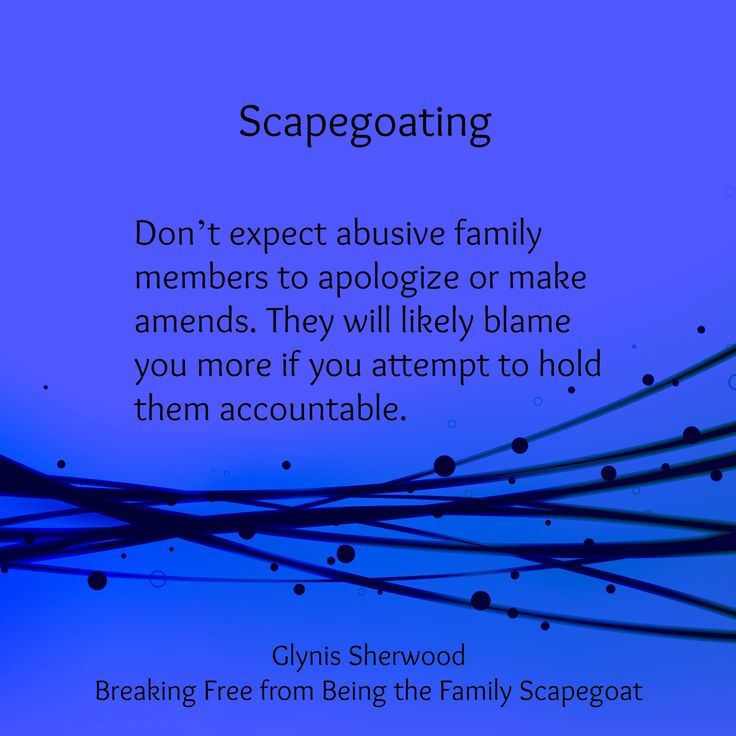 If she is subjected to abuse, ridicule and humiliation by the wife's or husband's family, then this can also cause her a feeling of grief, but in such cases, the main emotion of the victim is usually called anger.
If she is subjected to abuse, ridicule and humiliation by the wife's or husband's family, then this can also cause her a feeling of grief, but in such cases, the main emotion of the victim is usually called anger.
When a husband's or wife's extended family doesn't love us the way we deserve just by right to be human, life changes. Holidays no longer exist. Trying to mark important milestones in life causes nothing but embarrassment. Instead of love and affection, there is only tension. nine0003
Healing from the influence of a toxic family is not a quick process, as the victim needs to reprogram the very foundations of their beliefs. However, it is possible, no doubt. And if the victim understands that the recovery of the personality after the trauma of family abuse takes time, this in itself is a big step towards recovery.
Gordon Briony “The Abnormal. How to find balance in our crazy world” (AST, 2021)
From depression and anxiety to personality disorders, one in four of us experience mental health problems every year.